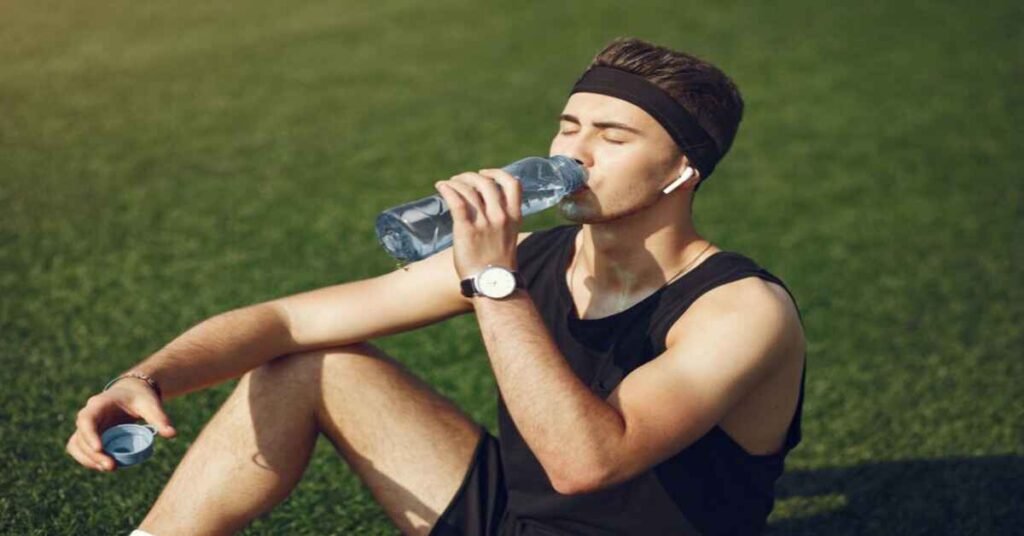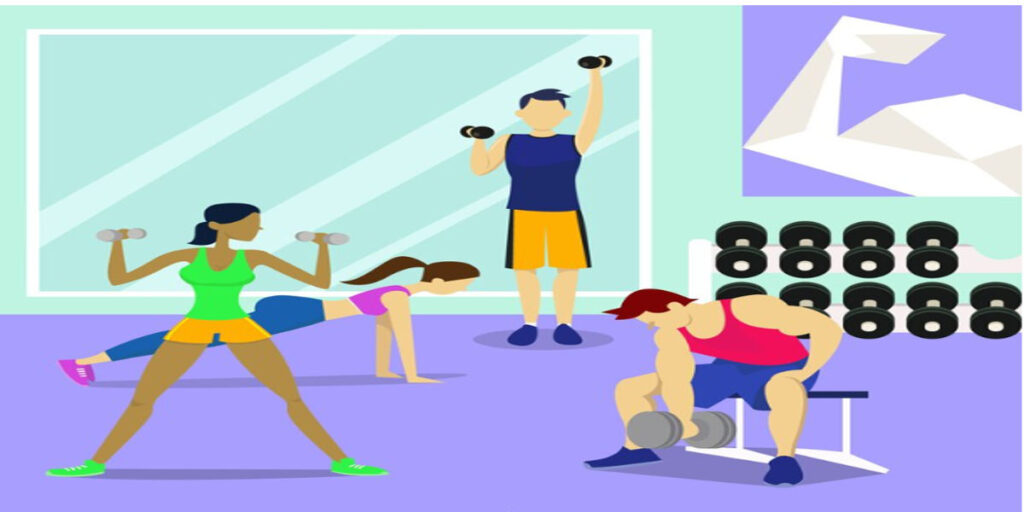It is impossible to overstate the significance of staying properly hydrated when it comes to sports performance. Athletes who push their bodies to the limit need to understand how important adequate hydration is to their overall performance. The complex relationship between hydration and athletic performance, highlighting the negative effects of dehydration, clarifying the role of electrolytes, outlining effective hydration strategies, and addressing critical health issues that are necessary for achieving optimal performance.
How Dehydration Messes with Your Game
Dehydration is like that sneaky opponent who shows up uninvited, ready to mess with your athletic A-game. When you’re sweating it out during intense workouts, your body loses water, and that’s where the trouble begins. It’s not just about feeling thirsty; dehydration messes with how your body works, and that can seriously throw off your game.
1. Running Out of Steam:
Have you ever hit a point where you feel like you’re running on empty sooner than usual? Blame dehydration. When your body doesn’t have enough water, it struggles to pump blood efficiently. Less blood means less oxygen to your hard-working muscles, and suddenly, your endurance takes a hit. You find yourself huffing and puffing earlier than you should, and that’s not fun.
2. Brain Fog Alert:
Your brain is a big fan of staying hydrated, and when it’s not happy, you’ll know. Dehydration messes with your brainpower—think focus, quick decision-making, and speedy reactions. In the middle of a game, you might find yourself feeling mentally sluggish. It is not ideal when split-second decisions can make or break your play.
3. More Than Just Thirst:

Sure, feeling thirsty is a sign of dehydration, but it goes beyond that. Dehydration messes with your body’s electrolyte balance—those little helpers that keep everything running smoothly. When they’re out of whack, fatigue kicks in, and cramps become unwelcome guests. It’s like your body’s way of saying, “Hey, we need more than just water here!”
4. Game Plan Disruption
Picture this: You’re in the middle of a crucial game, and suddenly, your body isn’t cooperating. Dehydration messes with your energy levels, making it harder to keep up the pace. Your muscles might start protesting, and you’ll be left trying to catch up. To stay ahead, you’ve got to be smart about keeping that fluid balance in check.
5. Stay on Top with Smart hydration
To outsmart this sneaky opponent, you’ve got to be one step ahead. It’s not just about sipping water when you’re thirsty; it’s about making hydration a game plan. Drink up before, during, and after your workout or game. Tailor it to what your body needs and the conditions around you. It’s the secret weapon to keep dehydration from messing with your winning streak.
So, in a nutshell, dehydration isn’t just about feeling a bit parched. It messes with the inner workings of your body, playing games with your endurance, focus, and overall performance. To keep your A-game strong, make friends with your water bottle and stay ahead of the dehydration game.
Electrolytes in Sports Hydration:
Beyond water, electrolytes play a pivotal role in sustaining athletic performance. This section explores the significance of electrolytes such as sodium, potassium, and magnesium in maintaining proper muscle function, nerve transmission, and fluid balance. Understanding the delicate electrolyte balance in the body is essential for athletes seeking to optimize their hydration strategies.
Consequences of Dehydration on Game Performance:
The game is not just physical; it’s a mental battlefield as well. Dehydration can lead to cognitive fatigue, impaired decision-making, and an increased perception of task difficulty. We uncover the nuanced consequences of dehydration on game performance, emphasizing its multifaceted impact on both the body and mind.
Hydration Strategies for Athletes:

To triumph over dehydration, athletes must adopt comprehensive hydration strategies. This section explores pre-, during, and post-game hydration techniques, emphasizing the importance of personalized approaches. From understanding individual sweat rates to incorporating electrolyte-rich beverages, athletes will find actionable insights to enhance their hydration routines.
Electrolyte Management:
Balancing electrolytes is an art as much as it is a science. Athletes need to tailor their electrolyte intake to match their exertion levels and sweat composition. We delve into effective electrolyte management strategies, exploring both natural food sources and sports-specific supplements to maintain peak performance.
Health Considerations
While chasing athletic excellence, health should never be compromised. Potential health risks associated with improper hydration, such as heat-related illnesses and kidney stress. It emphasizes the importance of a holistic approach to wellness, aligning athletic goals with long-term health considerations.
Preventing and Managing Heat Illness:
In the heat of competition, athletes face the additional challenge of managing temperature regulation. We explore practical tips for preventing heat-related illnesses, from acclimatization strategies to recognizing early signs of heat stress. An understanding of how hydration intersects with thermoregulation is crucial for athletes competing in challenging conditions.
Conclusion
So, athletes, consider your water bottle a secret weapon and make hydrating a strategic part of your game plan. By doing so, you’ll not only quench your thirst but also fortify your endurance, sharpen your focus, and keep those muscles in top-notch condition. The battle against dehydration may be subtle, but armed with the right knowledge and a commitment to staying hydrated, you’ll emerge victorious every time. Game on, and cheers to a well-hydrated


